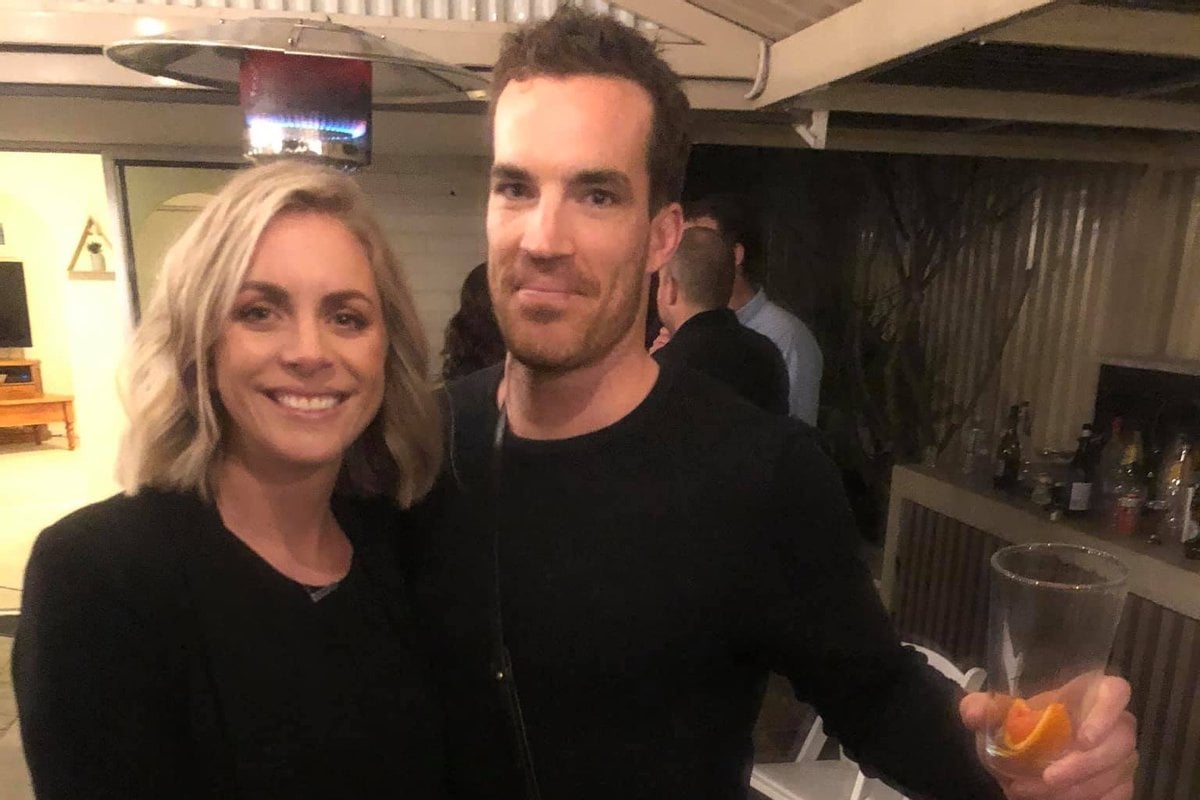
Nearly two years ago, my husband Kane, was diagnosed with autism.
Following his diagnosis, when we told those close to us there was a mixed response. Some who knew Kane well agreed that it made a lot of sense. Others were confused - but he didn’t 'seem' autistic? This speaks to some of the progress still to be made around what autism looks (or doesn’t look) like, but I understood where they were coming from. I was one of those people for a long time, too.
Seeking a diagnosis.
The journey to diagnosis actually began with my psychologist. I started seeing a therapist during what can be described as a turbulent time in our marriage. I would often describe (and vent about) the difficulties we were having in our relationship. There was a sense of overwhelming frustration between Kane and I. We seemed to be constantly butting heads - having the same arguments again and again.
At times it felt like we were on completely different pages, yet we were both committed to problem-solving and making things work. This meant we’d pursue different ways of resolving matters but would always seem to circle back to the same problems. My psych picked up on patterns in Kane’s behaviour and the things I was lamenting about in our relationship. She gently suggested that Kane sounded autistic and after around a year of seeing her, encouraged us to seek an official assessment.
Watch: Mia Freedman interviews Michael From Love On The Spectrum. Story continues below.


Top Comments